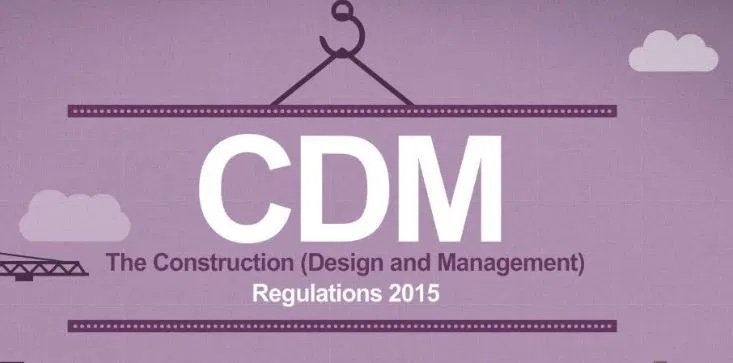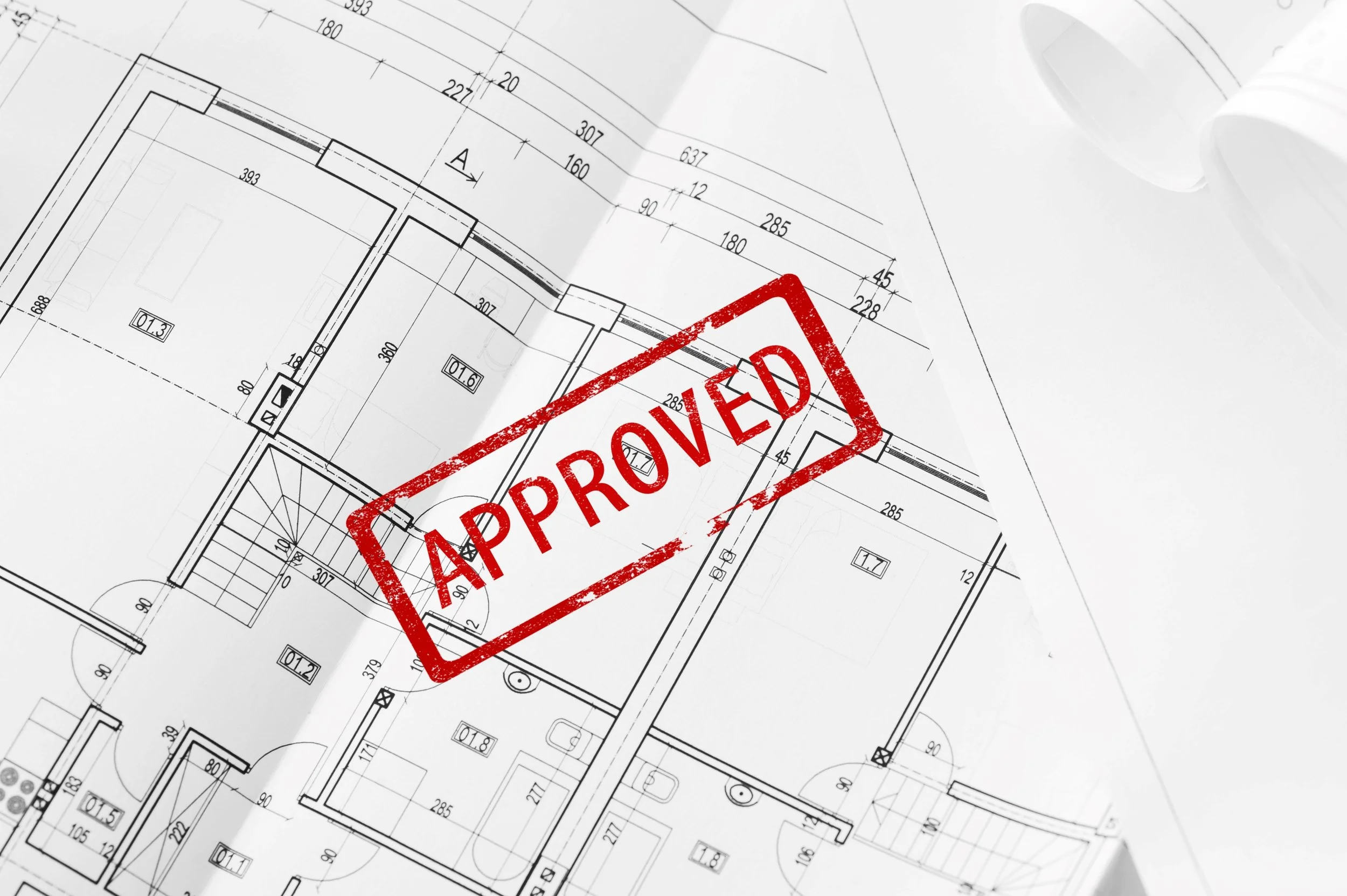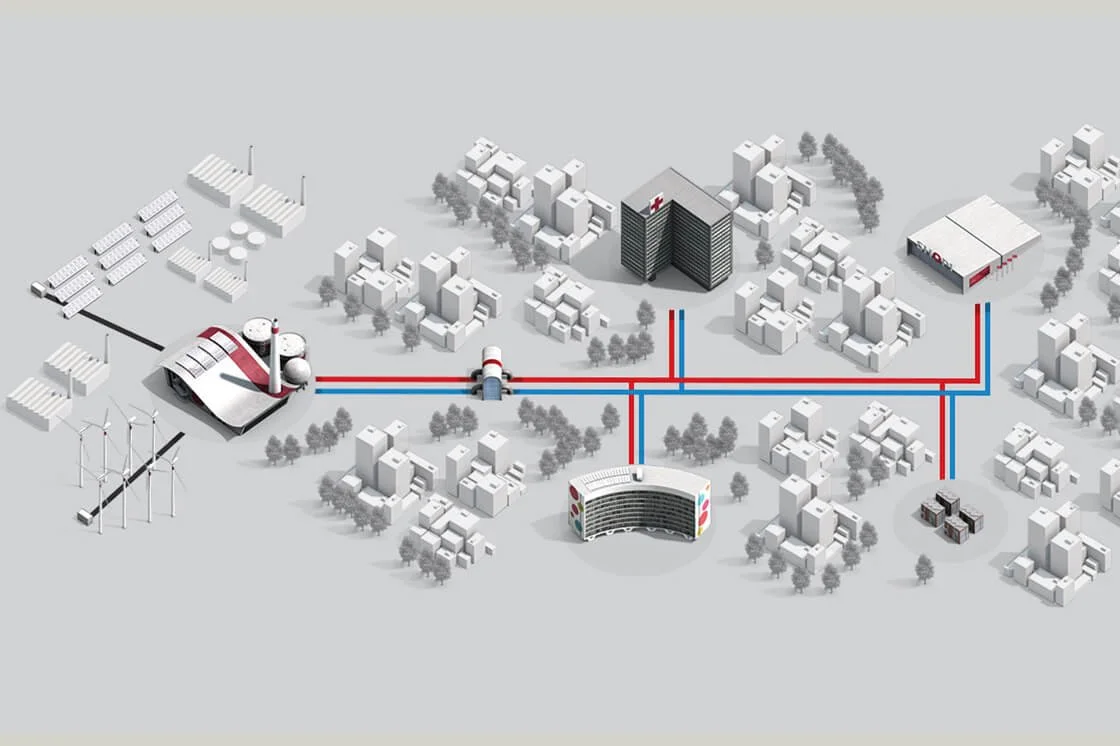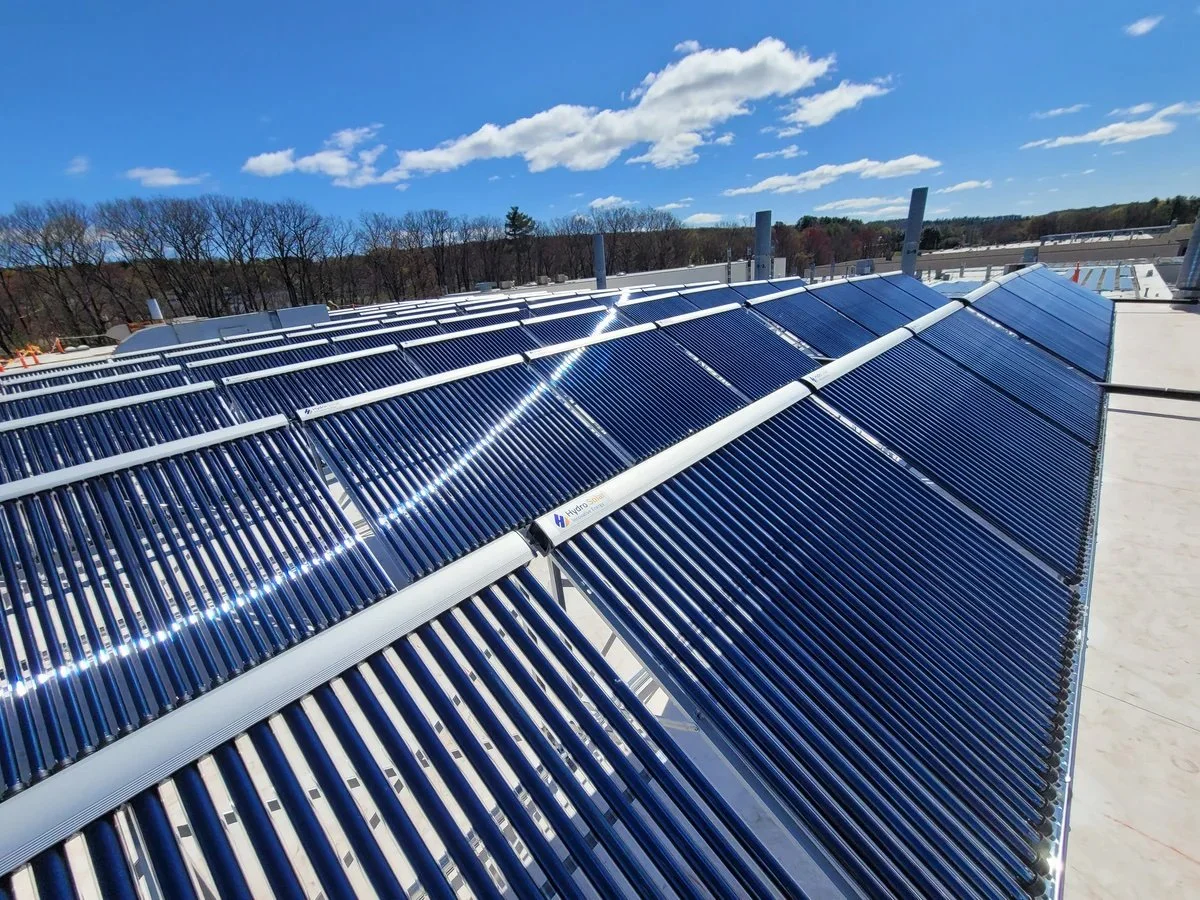
By Design Tech Solutions — Experts in District Heating Regulation & Design Compliance
Introduction: The Role of HNTAS in the Future of Heat Networks
With the growth of district heating across the UK, the government is introducing stricter quality, performance, and consumer protection standards. At the heart of this shift is the Heat Network Technical Assurance Scheme (HNTAS) — a framework designed to standardise what “good” looks like for new and existing heat networks.
Though not yet mandatory, HNTAS is set to become a benchmark for regulatory compliance and public funding eligibility. At Design Tech Solutions, we help clients understand, prepare for, and design in line with these evolving requirements — protecting investments and ensuring long-term success.
What Is HNTAS?
HNTAS (Heat Network Technical Assurance Scheme) is a UK government initiative intended to ensure that heat networks deliver consistent, reliable, and efficient service to users.
The scheme sets out a national standard for:
Design quality
Performance monitoring
Efficiency and emissions
Consumer protection
Technical and operational reporting
It is expected to underpin the upcoming heat network zoning policy and the Ofgem regulation regime for heat networks from 2025 onwards.
Why HNTAS Matters for Heat Network Projects
Funding Eligibility
HNTAS compliance may become a prerequisite for schemes like HNIP (Heat Networks Investment Project) and other public funding.Improved Consumer Trust
Better system performance and clearer standards improve outcomes for end users — from housing associations to public estate tenants.Design Accountability
Clear guidance on temperatures, hydraulic performance, metering, and loss reporting gives developers and designers a shared reference point.Alignment with CP1 and Future Zoning Policy
HNTAS builds on CP1 2020 and complements other initiatives like building regs, Net Zero targets, and local heat zoning pilots.
What HNTAS Will Cover (Expected Scope)
While full details are still being finalised, we expect HNTAS to include:
Technical Design Standards
Minimum requirements for temperatures, pipe insulation, control systems, and substation design.Performance Metrics
Clear benchmarks for network efficiency, heat losses, response times, and return temperature performance.Monitoring & Reporting
Ongoing operational data requirements, including telemetry and real-time metering for consumer heat usage.Consumer Protection
Transparent billing, maintenance response, and service continuity requirements for end users.Commissioning & Handover Protocols
Documentation, testing standards, and post-installation verification for handover to operators or clients.
FAQ
How DTS Helps You Prepare for HNTAS
We’re already designing networks with HNTAS-readiness in mind. Here’s how we support compliance:
Review and update your design specs to meet expected HNTAS thresholds
Advise on temperature and efficiency optimisation at the design stage
Incorporate monitoring and metering infrastructure from the outset
Prepare documentation to support future audits or certification
Our aim is to make sure your project isn’t caught out when HNTAS becomes a regulatory requirement.
Get Ahead of the Standards
If you’re planning a heat network, now is the time to design for future compliance. DTS will help you stay ahead of the curve — and build systems that last.
RELATED READS
Explore our detailed guides on designing effective, future-ready district heating systems. Each article is written to help clients, developers, and stakeholders understand what great network design looks like in practice.








